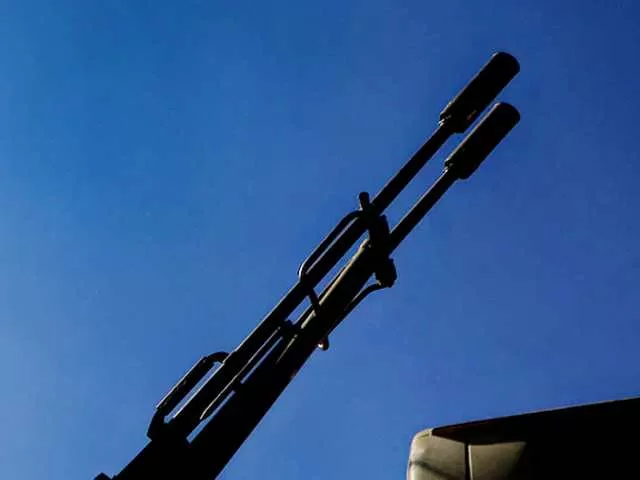Allegations of UNRWA staff involvement in Hamas attacks prompt funding suspensions. UN chief vows accountability as humanitarian operations face jeopardy.
UN Confronts Allegations of Staff Involvement in Hamas Attacks; Funding Suspensions Raise Concerns
In a shocking revelation that has sent ripples through international humanitarian circles, allegations have emerged that some members of the United Nations Refugee Agency for Palestinians (UNRWA) were involved in the October 7 Hamas attacks on Israel. The head of the United Nations, Antonio Guterres, has pledged strict accountability for any UN employee engaged in acts of terror.
Mr. Guterres, in a stern statement, declared, “Any UN employee involved in acts of terror will be held accountable, including through criminal prosecution.” He emphasized the readiness of the Secretariat to cooperate with competent authorities for the prosecution of individuals implicated in accordance with established procedures.
However, amidst the allegations, Mr. Guterres implored governments to continue supporting UNRWA, despite nine countries suspending their funding in response to the accusations. The UN chief highlighted the perilous situations many UNRWA employees face, urging against penalizing them. He stressed the critical importance of meeting the desperate needs of the populations served by the agency.
Providing details on the UNRWA staff implicated in the alleged acts, Guterres mentioned that out of the 12 involved, nine had been terminated, one was confirmed dead, and the identities of the remaining two were under clarification.
The suspension of funding by countries, including the UK, Germany, Italy, the Netherlands, Switzerland, Finland, the US, Australia, and Canada, has raised concerns about the continuity of UNRWA’s operations. Philippe Lazzarini, the head of UNRWA, expressed shock at the decisions, emphasizing the potential threat to ongoing humanitarian work, especially in the Gaza Strip, where over two million people depend on the agency for survival.
Lazzarini warned that UNRWA might be “forced to suspend its humanitarian response” if funding is not reinstated, putting the lifeline to communities at risk. The UK Foreign Office, reacting to the allegations, announced a temporary pause in future funding while reviewing the claims, stating they were “appalled” but remained committed to delivering humanitarian aid to Gaza.
Mark Regev, a senior adviser to Israeli Prime Minister Benjamin Netanyahu, asserted that there was “documented, clear, and ironclad” evidence showing the 12 UNRWA staff members were part of the Hamas force involved in the attacks. He claimed that much of the information leading to these accusations was shared by Hamas on social media, showcasing the faces and involvement of those accused.
Regev went further to suggest that the alleged UNRWA staff involvement in Hamas’s operations was “not an aberration” and that the ongoing investigation was merely “the tip of the iceberg.” Israeli Foreign Minister Israel Katz has even called for the replacement of UNRWA once the conflict in the enclave subsides, adding another layer of complexity to this already convoluted situation.
As the international community grapples with these shocking revelations, the future of UNRWA and its ability to continue vital humanitarian efforts hang in the balance.

